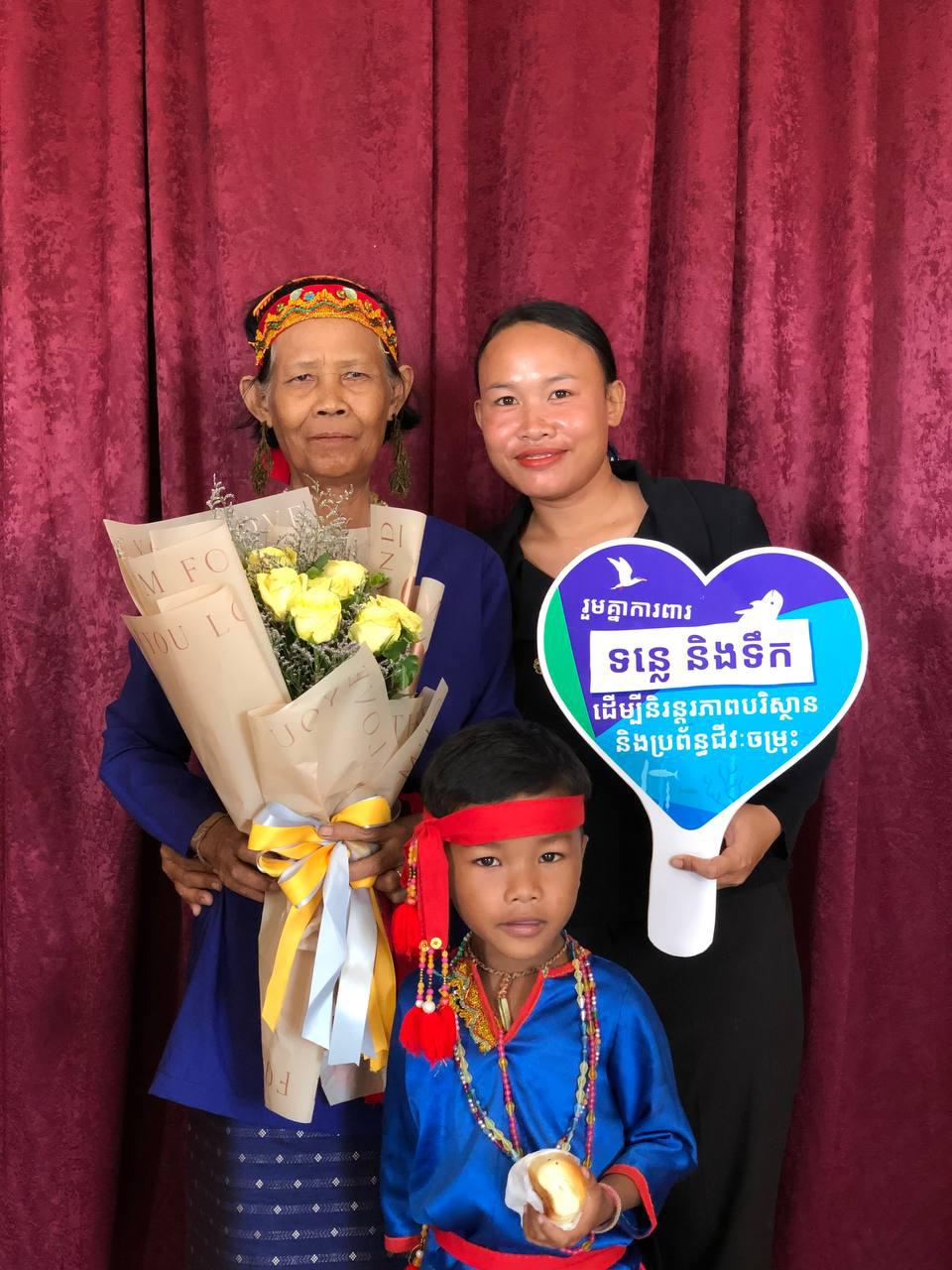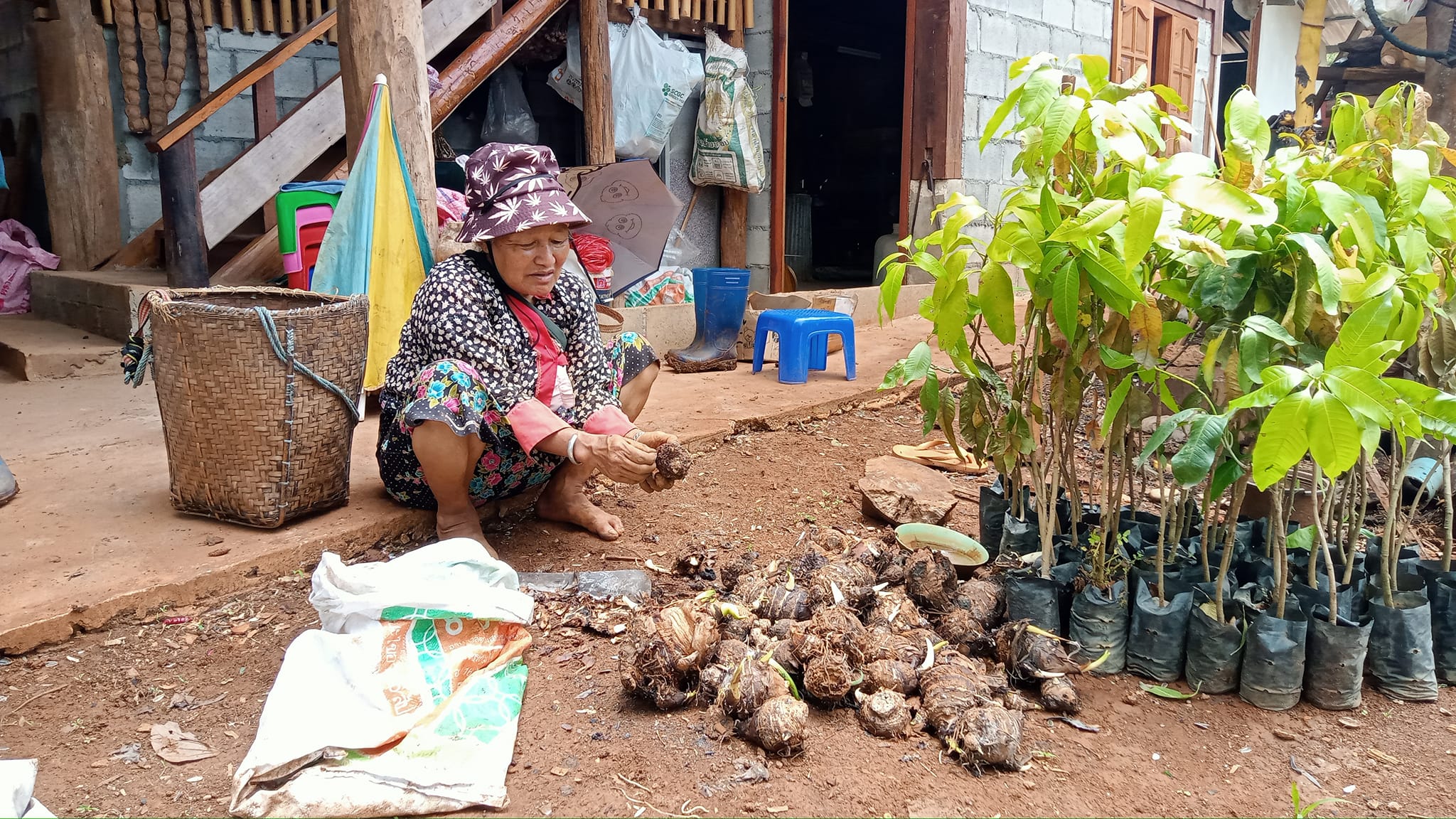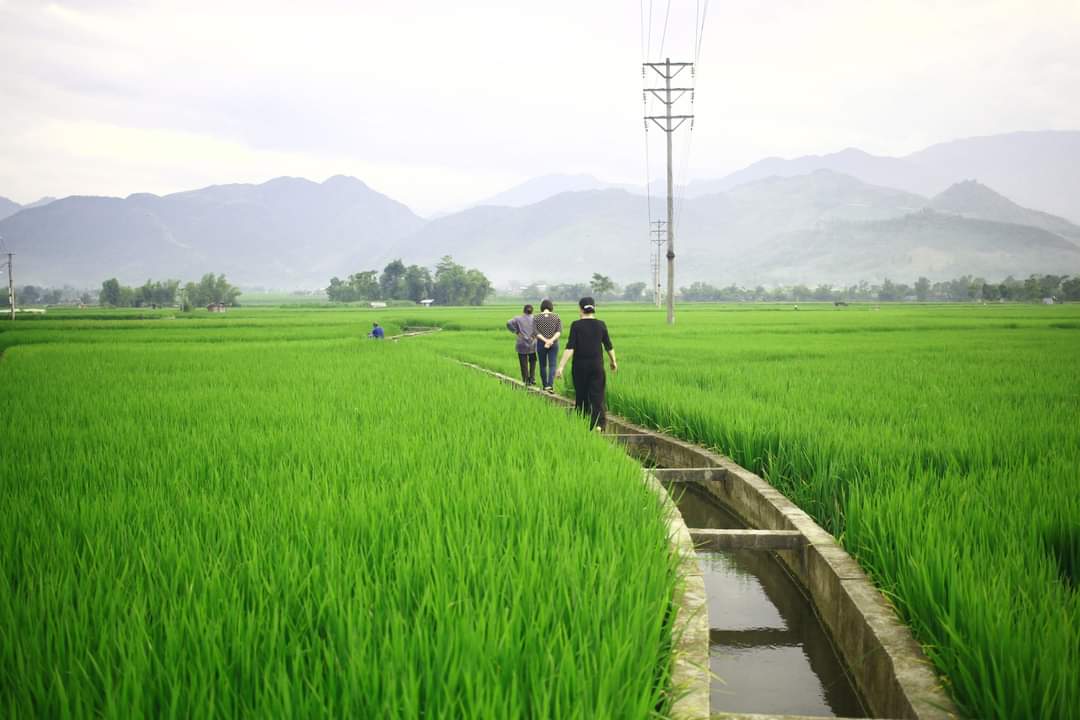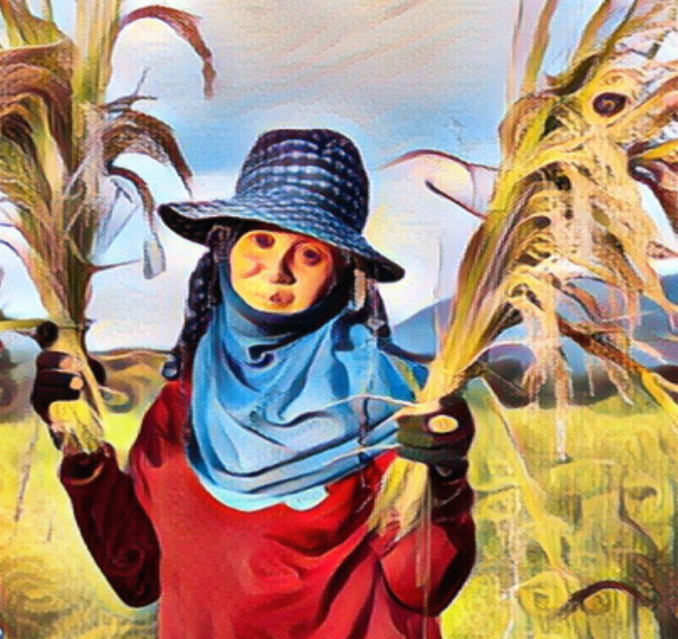In the remote villages along the Mekong River in Stung Treng province, Cambodia, the impacts of climate change have been devastating. Extreme floods, debilitating droughts, and relentless storms have battered these communities, leaving a trail of destruction in their wake.
For the people of Koh Sneang village, the struggle to adapt has been constant. Floods in 2019 forced the evacuation of over 3,500 residents, while a 2016 drought killed hundreds of precious livestock. The village’s isolation, located 35 kilometers from the nearest town, has only compounded their vulnerability.

Women’s rights have been promoted for gender equality as an effective adaptation strategy. In this, two women leaders in each village were formed to play leadership roles in mobilizing women members and building their capacities. Two community-based research activities were conducted and led by women leaders in Koh Sneang village, in cooperation with other women in Krom and Turnsong villages.
The first research focused on the cross-boundary impacts of ecological changes on the livelihoods of communities in three villages in Stung Treng province, Cambodia. The second was a feminist participatory action research on the flooded forest species and habitat in Koh Sneang village. All research works have identified the impacts on women when river resources change.


Capacity building program has been provided to empower communities and local authorities on disaster management, Vulnerability Reduction Assessment (VRA) tool, and Early Warning System 1294.
Community engagement to foster active participation in climate change decision-making. Women leaders in Koh Sneang village collaborated with local authorities to set up tools for monitoring water levels, and the water level information is always updated on the information board that community members can access to prepare before flooding. The 1294 app has been promoted to community members because it can alert them when a disaster happens in their communities. Women leaders also engaged with the PCDM (Provincial Committee for Disaster Management) to develop a contingency plan for Koh Sneang commune.
Women solar group has been formed in Koh Sneang village with 11 members to promote renewable energy and generate income.


In the face of mounting challenges, the resilience of the women in Koh Sneang shines brightly. By amplifying their voices, harnessing their collective strength, and forging partnerships with local authorities, they are leading their community towards a more climate-resilient future.
For example, Ms. Na Osaman, 62, the first deputy of Koh Sneng commune council said that, “Their communities have limited the capacities to adapt to climate change issues and even now. My role is CCDM focal point but I am not clear what climate change is.”
Under funding from Oxfam and technical support from MVi, Ms. Na Osa has received the capacities building on disaster management, VRA tool, and early warning system (1294). Through the capacity building, Ms. Na Osa has joined and provided the inputs in community meetings to identify the climate change issues and planning.
“Climate change once seemed distant and incomprehensible, but now, armed with knowledge and support, I stand alongside my community, ready to confront the challenges ahead. We may have limited capacities, but our determination is limitless.”
######

Storyteller Name: Touch Chanthorn, MVi, Cambodia
Chanthorn actively involves with MVi in various communities, including supporting women’s group to involves in management fishery and natural resources, and biodiversity along the Mekong River. What Chanthorn want to see is local community, women, youth, People with Disabilities, LGBTIQ, Indigenous People has rights and freedom and ownership over the natural resource management; that they could adapt to the changing climate.




